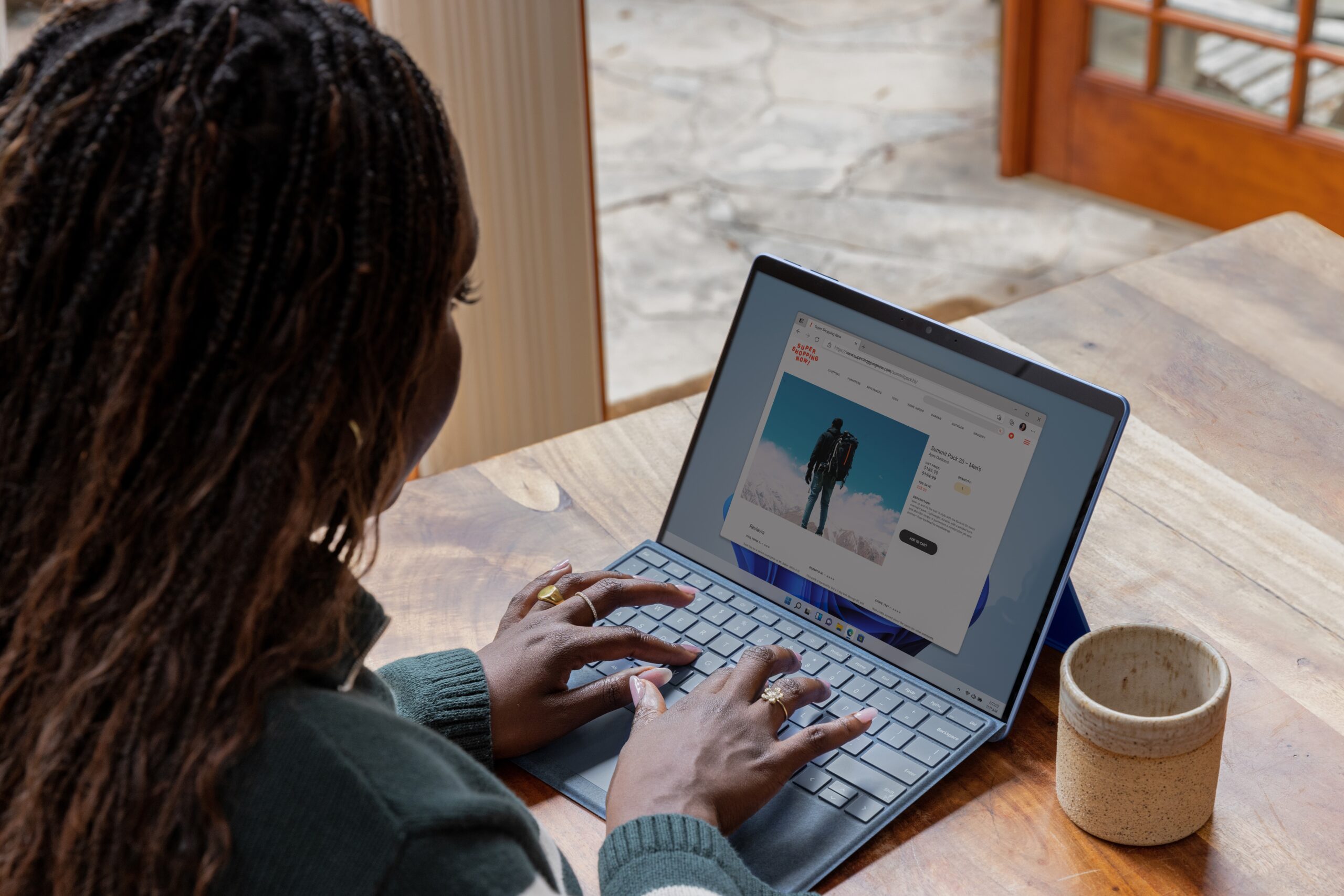Event marketing is a powerful tool that can help businesses and organizations connect with their target audience, create memorable experiences, and achieve specific goals. However, the success of an event hinges on a well-executed marketing strategy.
In this article, we’ll explore ten essential tips that can elevate your event marketing efforts and ensure a successful and impactful event.
Table of Contents
- 1 Introduction
- 2 1. Define Clear Objectives
- 3 2. Know Your Audience
- 4 3. Leverage Multichannel Promotion
- 5 4. Create Compelling Content
- 6 5. Build a User-Friendly Event Website
- 7 6. Implement Early Bird Pricing
- 8 7. Leverage Social Proof
- 9 8. Engage Attendees Before the Event
- 10 9. Facilitate Networking Opportunities
- 11 10. Post-Event Engagement
- 12 Conclusion
- 13 FAQs
Introduction
Event marketing is more than just spreading the word about an upcoming gathering; it’s about crafting an experience that captures the essence of your brand or organization. From attracting attendees to engaging them before, during, and after the event, a comprehensive strategy is key. Let’s delve into the ten essential tips that can make your event marketing efforts shine.

1. Define Clear Objectives
Before you begin planning, define your event’s objectives. Are you aiming to generate leads, raise awareness, or launch a product? Clear objectives will guide your marketing efforts and help you measure success.
The Tip: Set SMART Goals
Ensure your objectives are Specific, Measurable, Achievable, Relevant, and Time-bound (SMART). This framework keeps your event marketing focused and aligned with your overall goals.
2. Know Your Audience
Understanding your target audience is pivotal for effective event marketing. Tailor your messaging, content, and promotional channels to resonate with your attendees’ interests and preferences.
The Tip: Create Buyer Personas
Develop detailed buyer personas that outline the demographics, behaviors, challenges, and goals of your target attendees. This insight will guide your event marketing strategy.
3. Leverage Multichannel Promotion
Promote your event across various channels to reach a broader audience. Use social media, email marketing, content marketing, and even traditional methods like flyers and banners.
The Tip: Utilize a Marketing Mix
Deploy a mix of digital and offline marketing tactics to reach different segments of your target audience. Consistency across channels is key.
4. Create Compelling Content
Craft engaging and informative content that highlights the value of attending your event. Use visuals, videos, blog posts, and testimonials to build anticipation.
The Tip: Incorporate Storytelling
Tell a compelling story about your event. Highlight how attendees’ experiences will be transformed and showcase the benefits they’ll gain.
5. Build a User-Friendly Event Website
Your event website is a central hub for information. Design a user-friendly website that provides event details, schedules, speakers, registration, and FAQs.
The Tip: Optimize for Mobile
Ensure your event website is responsive and optimized for mobile devices. Many attendees will access information on their smartphones.
6. Implement Early Bird Pricing
Offer discounted early bird pricing to incentivize attendees to register sooner. Early registrations can help you gauge interest and secure commitments.
The Tip: Create Scarcity
Limited-time offers create a sense of urgency, encouraging attendees to register early to secure the best rates.
7. Leverage Social Proof
Share testimonials, reviews, and past event photos to showcase the value and impact of attending your event. Social proof builds credibility and trust.
The Tip: User-Generated Content
Encourage attendees to share their excitement on social media using event-specific hashtags. Repost their content to showcase genuine enthusiasm.
8. Engage Attendees Before the Event
Build excitement by sending regular updates, sneak peeks, and exclusive content to registered attendees. Keep them engaged in the lead-up to the event.
The Tip: Countdown Campaigns
Create a countdown campaign to heighten anticipation. Share interesting facts, speaker highlights, or behind-the-scenes glimpses.
9. Facilitate Networking Opportunities
Networking is a significant draw for many events. Provide opportunities for attendees to connect with each other and with speakers.
The Tip: Use Technology
Utilize event apps or platforms that facilitate networking and interaction among attendees. Host virtual meetups or discussion forums.
10. Post-Event Engagement
Don’t let the event’s impact fade away after it ends. Share event highlights, photos, and key takeaways to maintain the momentum.
The Tip: Send Thank-You Notes
Express gratitude to attendees for their participation. Send personalized thank-you emails and surveys to gather feedback for future improvements.
Conclusion
Successful event marketing goes beyond simply promoting an event; it’s about creating an immersive and valuable experience for your attendees. By defining clear objectives, understanding your audience, and implementing a comprehensive marketing strategy, you can ensure that your event resonates with attendees and leaves a lasting impact.
Also View | 3 Things I Wish I Knew When Starting My Digital Marketing Career
FAQs
No, event marketing is suitable for businesses of all sizes. Smaller businesses can host workshops, webinars, or networking events to connect with their target audience.
Metrics such as attendance rate, engagement on social media, lead generation, and post-event surveys can help you measure the success of your event marketing.
Yes, these tips can be adapted for virtual events. Focus on creating engaging online content, facilitating networking through virtual platforms, and delivering a seamless digital experience.
Communicate cancellations promptly and transparently. Provide options for refunds, rescheduling, or converting to virtual events if possible.
Hiring an agency can streamline the process and provide expertise. However, with careful planning and the right tools, you can execute successful event marketing in-house.
Absolutely. Event marketing can help non-profits raise funds, increase awareness, and engage supporters. Tailor your strategies to align with your organization’s goals.









